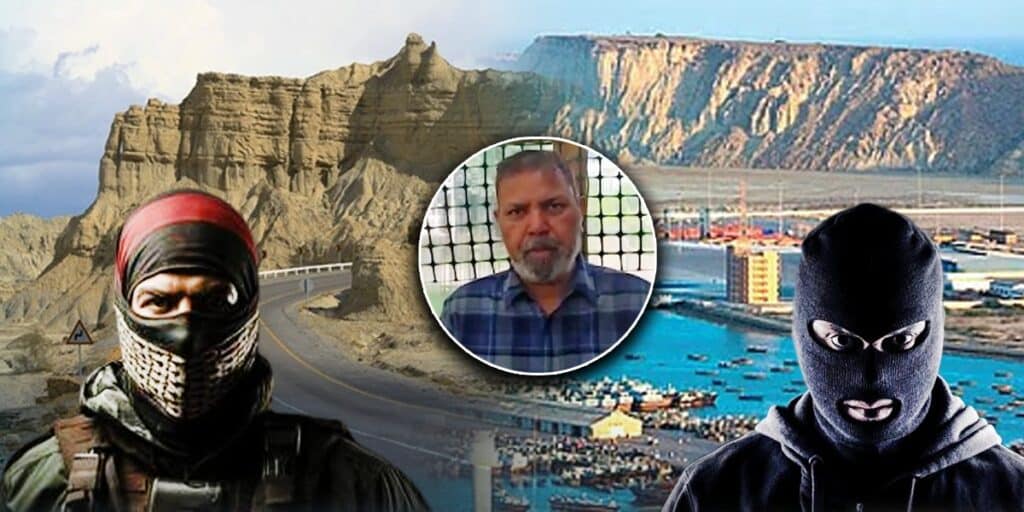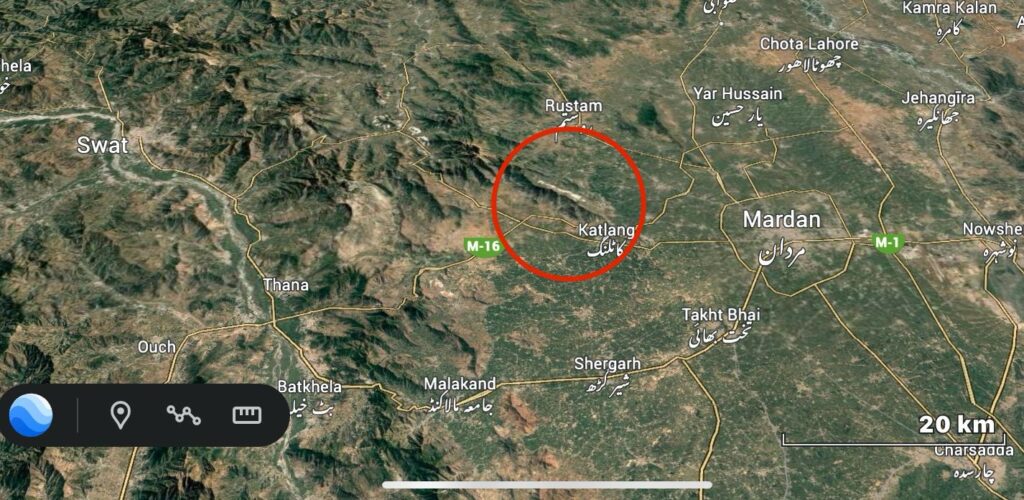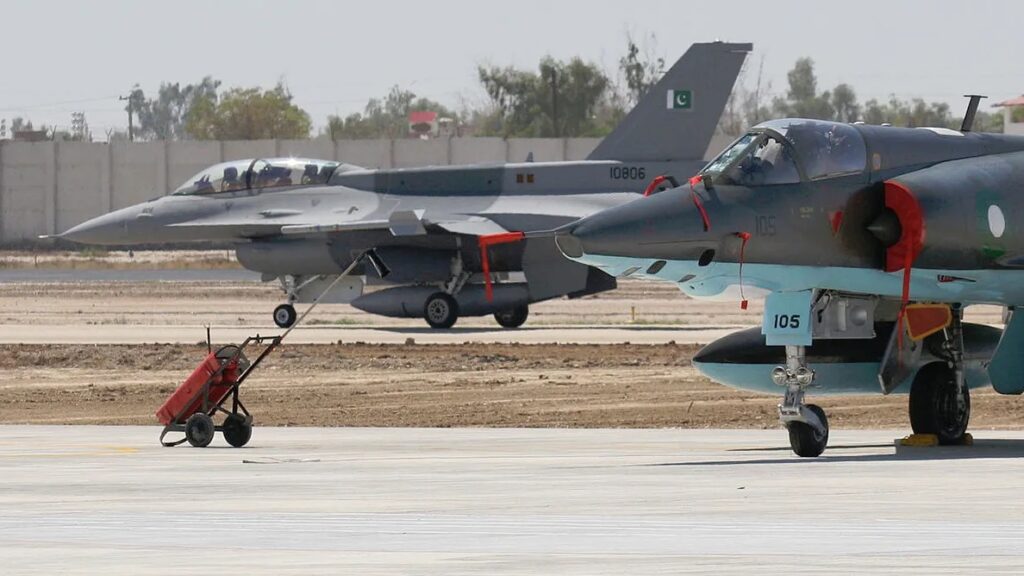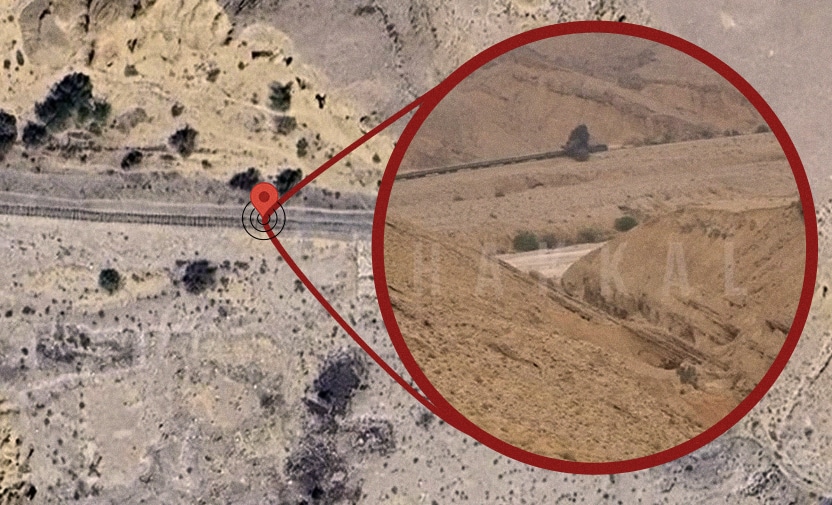By: Ashir Azeem
In today’s world, wars are no longer fought solely with tanks and bullets. The most decisive battles are now taking place in the shadows—through intelligence warfare, proxy conflicts, misinformation, and psychological operations. As someone who has observed and studied these patterns over the years, I believe it’s crucial to understand how deeply this warfare affects regions like Balochistan.
Let me begin by clarifying that “intelligence warfare” is not a formally defined military term, but a reality composed of multiple overlapping domains. At its core, it involves intelligence agencies engaging in covert operations to secure strategic advantages. These operations can take many forms—from hacking electronic systems and stealing technology to manipulating narratives and funding insurgent proxies.
In Balochistan, the conflict isn’t about hacking power grids or paralyzing digital infrastructure, as we’ve seen in Western cyberwars. Here, the warfare is far more physical and psychological. It includes sponsoring armed proxies, spreading misinformation to sow confusion, and carrying out acts of terrorism designed to disrupt national stability.
Foreign intelligence agencies support certain militant groups in Balochistan—groups like BLA and BRA—by providing them with funding, weapons, and media amplification. These aren’t large-scale military forces; they rely on guerrilla tactics and strategic narrative amplification. A single tweet from one of their members, with minimal followers, can be boosted by certain organizations to reach tens of thousands of people. This isn’t organic reach—this is structured, algorithmic influence being weaponized.
Why Balochistan? The answer lies in geopolitics. Balochistan is a critical junction in China’s Belt and Road Initiative (BRI), particularly through the China-Pakistan Economic Corridor (CPEC). The West, India, and Israel view this project as a threat to their strategic interests. India sees it as legitimizing Pakistan’s hold over Azad Jammu and Kashmir, while the West fears China’s rising influence. To counter BRI, the U.S. and its allies have proposed the India-Middle East-Europe Economic Corridor (IMEC), but its success depends on destabilizing BRI’s foundational routes, particularly in Balochistan.
Institutions like MEMRI (Middle East Media Research Institute) play a role in this hybrid warfare by selectively amplifying anti-Pakistan and anti-China narratives in multiple languages. Although MEMRI claims to offer translations for global understanding, its origins are deeply tied to Israeli intelligence, and its objectives align with undermining Iranian and Chinese influence in the region. Balochistan becomes a convenient hotspot for these overlapping interests.
It’s not just about narrative warfare—real sabotage is also in play. Numerous attacks on Chinese engineers and CPEC projects are no coincidence. These are targeted operations intended to derail strategic progress and discredit Pakistan’s alliance with China. Let me ask: if the goal was simply Baloch “freedom,” why are Chinese civilians being attacked? The answer is simple—they represent China’s involvement in BRI, and that’s what the adversaries truly fear.
Pakistan’s counterintelligence agencies are not blind to these threats. We’ve successfully intercepted several covert plans, including a foiled attack in Kahuta. But success in intelligence warfare often remains invisible. When we prevent an act of terrorism or expose an infiltrator, it rarely makes the headlines—yet these silent victories are critical.
Iran offers a parallel lesson. Intelligence failures there allowed adversaries to assassinate key personnel. The same danger looms over us if we fail to take counterintelligence seriously. It’s a constant race against hidden networks working to fragment nations from within.
As someone who deeply cares for Pakistan, I believe we must elevate our public understanding of intelligence warfare. This is not the stuff of conspiracy theories—this is the modern battlefield. Balochistan is not just a domestic issue; it is a frontline in a global power struggle involving India, Israel, China, and the West.
It’s time we stopped treating this as a fringe concern. Our national integrity, regional stability, and global standing depend on how well we respond—not just militarily, but mentally and strategically—to the covert war being waged in our backyard.





